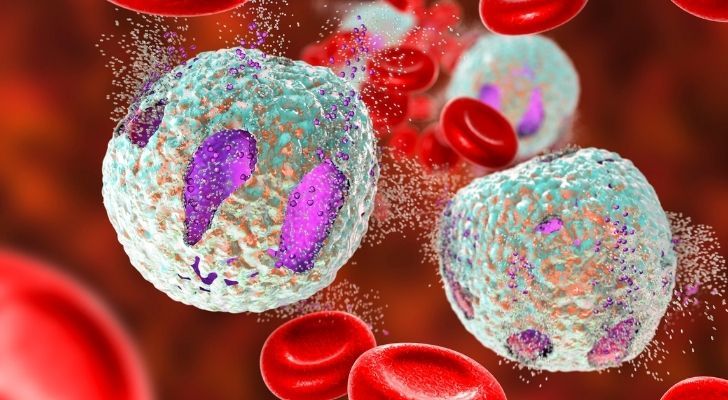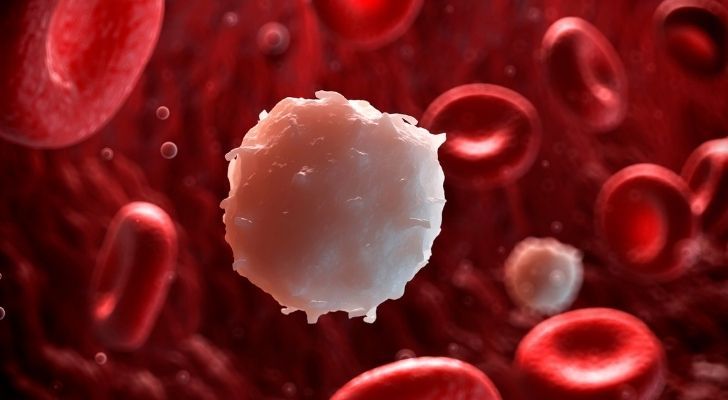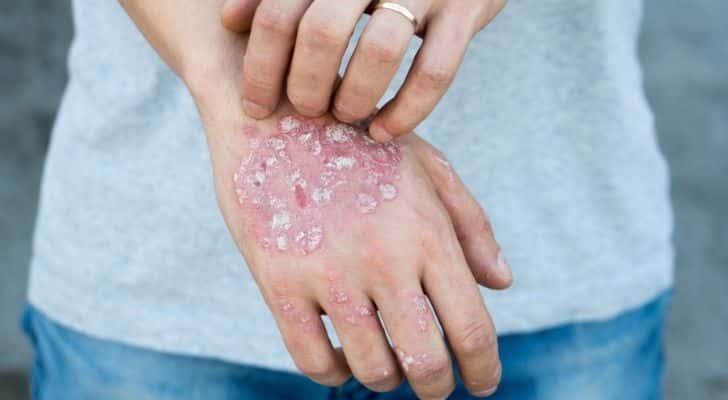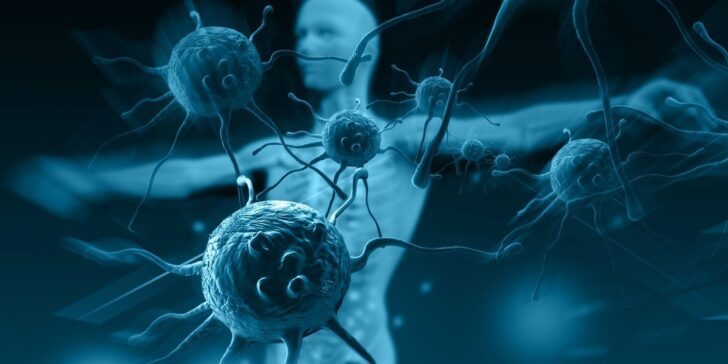The immune system is an important part of the human body, and without it, we wouldn’t survive long.
But what is it, and how does it work?
In this article, we will look at the functions of the immune system within the human body.
What is the immune system?

The immune system is a network of cells and proteins in our body that defend against infection and illness.
The immune system builds strength by being exposed to germs, so when we are born, our immune system is still developing.
It is what keeps us alive and healthy, and without it, we wouldn’t be able to survive.
Essentially our immune system is our defense against infection and illness.
The key players in the immune system are white blood cells.
These are produced in your bone marrow, and they are hunters that go around the body looking for foreign bacteria or microbes.
What does the immune system do?

The immune system fights against invasive microbes or germs to ensure they don’t stay in our bodies.
This includes chemicals and toxins too.
The immune system keeps track of all the microbes it has ever fought.
This means that when an unwanted microbe enters the body, the immune system can recognize it and know how to attack it.
Not only does it recognize it, but it can also attack it quickly before it affects our body.
So, for example, when we catch a cough, our immune system learns how to fight it off, but this can take a week or two.
Then when our body is exposed to the same germs again, it can recognize them instantly and fight them off before they attack our body.
This means you will experience little to no symptoms of a cold you have had before as your body knows how to stop it.
Where can your immune system be found?

The immune system is present in many places around the body, and there are multiple elements that contribute to the immune system.
The immune system is almost like a fort, and fighting germs are its battle.
The skin acts as the barrier to prevent bacteria from entering the body.
There are mucous membranes in some of your organs that act as traps to capture the unwanted germs that enter.
White blood cells are the fighters, and they patrol the body through the blood, looking for harmful microbes to identify and kill.
Finally, tissues of the lymph system act as storage for the white blood cells, as well as producing them.
The immune system is almost like a castle; it has its walls to defend and its fighters to get rid of unwanted invaders.
What happens if our immune system isn’t working properly?

Without our immune system, we would continuously be sick, and our bodies would be exposed to endless amounts of viruses, germs, and illnesses.
Eventually, our bodies would shut down as we wouldn’t be able to fight off illness anymore.
There are many diseases and viruses that can affect our immune system, and some can even damage it to the point where it stops working.
These are known as autoimmune diseases.
Autoimmune diseases generally cause your immune systems to accidentally kill off healthy cells, which weakens your system.
Other diseases such as HIV/AIDs destroy your white blood cells, which means you are unable to fight off any unwanted bacteria.
Various conditions weaken your immune system, and some are treatable with medication to help ease the effects, but some cause your immune system to stop working altogether.
Another example is allergic reactions.
These are dramatic and false responses of the immune system.
Those who have a sensitive immune system will find that it identifies certain particles as an invader but for more people they aren’t
As a reaction, the immune system starts to shut down or defend against the unknown.
This can be in the form of a rash or anaphylactic shock.
So an allergy can be a way of our body falsely telling us that something is bad for us.
How do we keep a healthy immune system?

There are many ways to keep your immune system boosted and healthy.
These include avoiding things that are harmful to our bodies, like smoking and excessive amounts of alcohol.
Ensuring you get good amounts of sleep helps keep the immune system boosted as your body has time to rest.
To keep your immune system healthy, you must eat a large variety of fruits and vegetables and make sure you maintain a healthy diet.
Exercising is also part of keeping your body and immune system in good form.
Finally, good hygiene reduces the number of germs entering your body, which will help reduce the risk of lowering your immune system.
In Conclusion
Our immune system isn’t one element; it is a collection of parts of our body working together to defend us against illness and disease.
It is vital to take care of our immune system as it will prolong our lives and help us stay healthy.
There are many ways to keep a healthy immune system and make sure your body is ready to fight off any bad microbes.


















